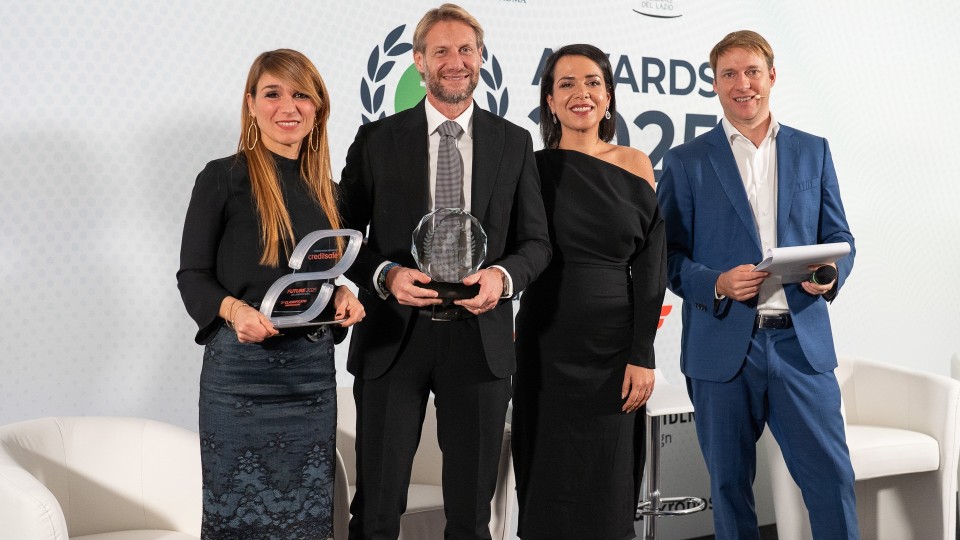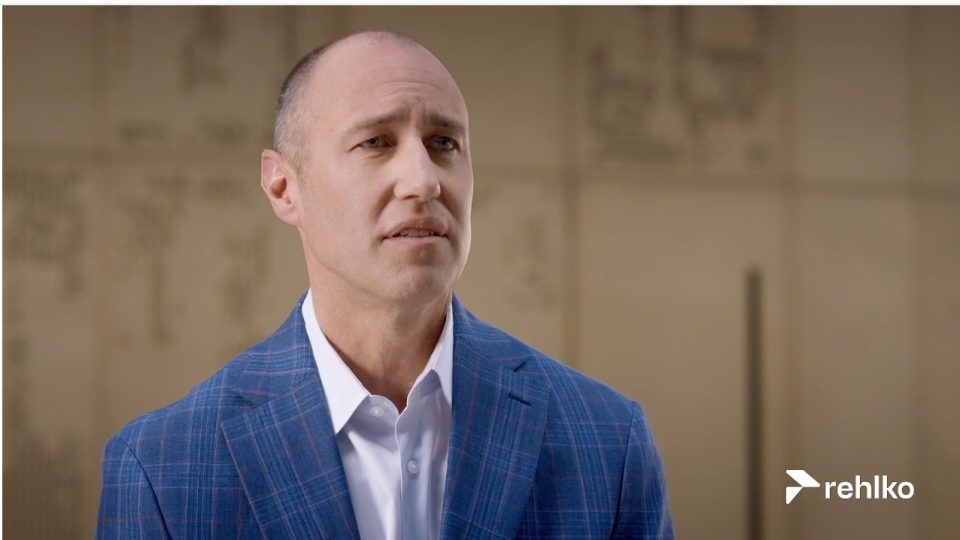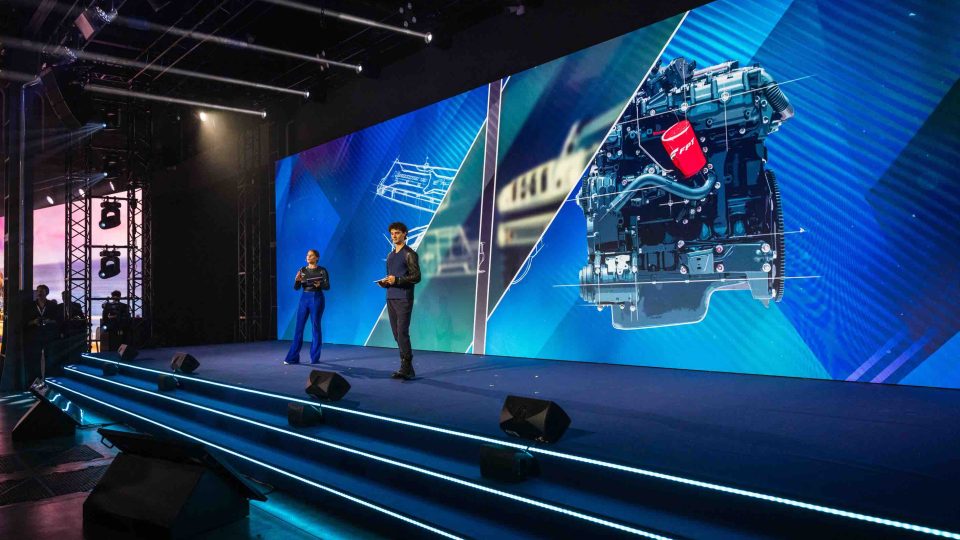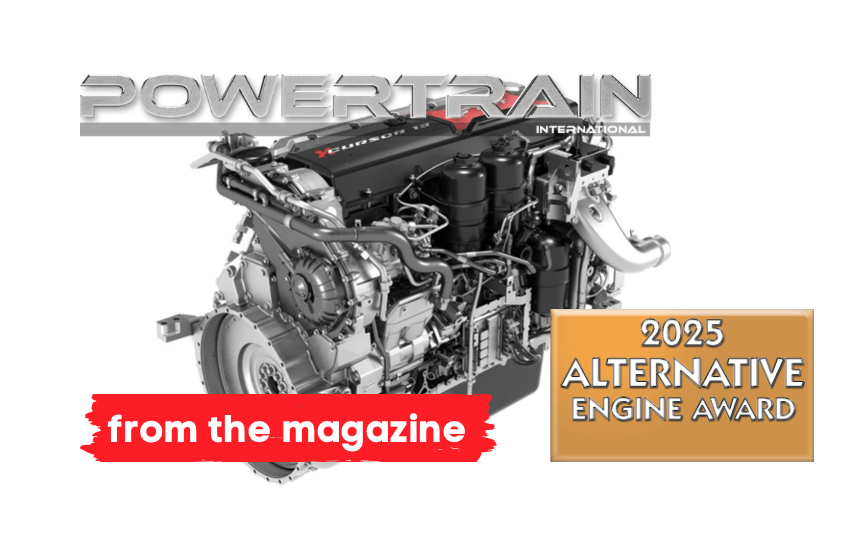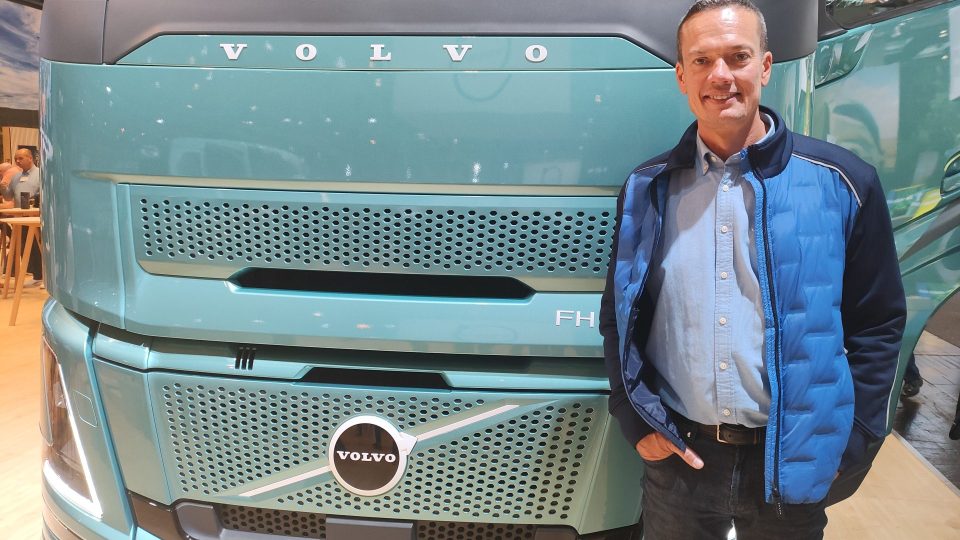Fétis Group: update and upgrade
At HyVolution in Paris, we met Oliver Lythgoe, Chief Marketing Officer and Technology Marketing Consultant for the Fétis Group. It was an opportunity to hear more about the evolution of the French group, which plans a future of system integrator beyond the Perkins brand distribution areas. Read the full article in the July issue of Powertrain International.
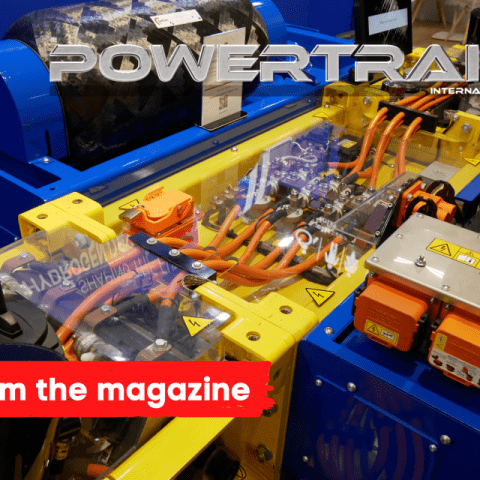
Such as the Latin people said: repetita iuvant (repeating does good). So read the short introduction by Fétis Group, which we wrote after HyVolution, which took place at Parc des Expositions at la Porte de Versailles in Paris on 1 and 2 February.
“There is talk of engines in France and the Fétis Group could not be absent. The subsidiary Secodi is the official distributor of the Perkins brand for the whole of France since 2003, Secodi has since become the official dealer for Finland, Estonia, Turkey, Spain, and 21 countries in Central and West Africa. On display at the stand was the range extender, which consists of a 40kW fuel cell and a hydrogen filling and storage system, with batteries, for telescopic handlers, specialized tractors and field tractors.”
We couldn’t stop there and asked one of our old acquaintances from his times at Perkins, Oliver Lythgoe, Chief Marketing Officer and Technology Marketing Consultant for the Fétis Group, to give us a comprehensive overview of the French company.
Please, Oliver, let’s introduce the Fétis Group.
“The Fétis Group is a privately owned international engineering organization serving the off-road, energy and marine industries, based in the French city of Nantes. For much of the 45-year history of the Group, the main activities were centred around distribution of mechanical, hydraulic, transmission, electronic and electrical systems from suppliers like Perkins engines, Danfoss, Bosch Rexroth, Volvo, Dana, Carraro and many others. About a year ago, the Group reoriented its strategy to accelerate decarbonization, building on Group’s strengths as an integrated solution provider. The Group is already delivering low carbon projects with OEMs, including implementing hydrogen fuel cells in telehandlers, vineyard machines, and hydrogen-powered robots. There will be no single ‘silver bullet’ technology for decarbonization,” says Oliver. “We believe that the future will involve a mix of different technologies including battery electric systems, hydrogen combustion engines, hydrogen fuel cells, and e-fuels. Battery electric power is suitable for smaller machines with less power and limited range, while hydrogen may be more appropriate for machines with higher duty cycles or that require faster refuelling.”
Agility is the differentiator in a changing market.
“The Fétis Group includes the Perkins distributorships for territories including France, Turkey, Spain, Finland, Estonia and most of Francophone Africa. Hydraulic and other distribution activities share similar territories. The outlook is far more international, however. Our expansion as a solution provider and systems integrator allows us to work beyond the boundaries of our traditional distribution activities.”
The development process for alternative power systems, such as battery packs or hydrogen fuel cells, is perceived to be less capital-intensive compared to developing traditional diesel engines which can demand tens or hundreds of millions of Euros. The availability of established technologies and components, such as Lithium-ion cells, power electronics and electric motors allows for faster development and it is the ability to deliver successful projects, learn and evolve that will drive success.
“I’d like to emphasize the importance of speed, and the capability to integrate different technologies quickly, efficiently. The company’s agility as a medium-sized, family-owned business is a major differentiator, as it enables us to move quickly in the market. The market for low carbon machines is still in its infancy, so current opportunities are mainly proof-of-concept projects, niche production and retrofitting existing machines to alternative power systems. We collaborate closely with OEMs in these early decarbonization projects and through doing that we are learning quickly about the areas where OEMs need most help and thus where we can add the most value.”
Talking about fuel cells, will hybridization be the key?
“When it comes to fuel cells,” Oliver continues, “a hybrid approach is often preferred, combining fuel cells with battery storage. This combination allows for the fast load response times required in many machines and addresses concerns about the fuel cell’s reaction time. It also allows the fuel cell to operate in its optimum conditions for efficiency and durability. In terms of fuel cells, we have cooperated with a company called Symbio for several of our recent projects. We have used a 40kW fuel cell, which, when combined with battery capacity, can create a hybrid system suitable for machines in the 80 to 120kW range, a very common power requirement for construction, agriculture and materials handling machines.”
Talking about batteries.
“Regarding battery technology, different chemistries may be required for fast or slow discharge and recharge cycles. Our approach as a company is to analyze the machine’s requirements and provide tailored solutions based on the duty cycle, whether it involves batteries or hydrogen fuel cells. I want also to remark the importance of considering the entire system when developing these machines,” Oliver stated.
“This includes aspects such as fuel supply, charging infrastructure, and operator training for handling hydrogen or Lithium-ion batteries safely. The Fétis Group takes a holistic approach to the engineering challenge, considering the ecosystem surrounding the machines, providing a solution that works in terms of energy sources, refuelling infrastructure, and operational aspects.”
Do you think automation and robotics represent the parallel challenge?
“The Fétis Group also see major potential for automation and robotics which will happen in parallel with the adoption of alternative power systems. Automation and robotics are of massive interest in industries like agriculture, where young people are less interested in manual labour jobs such as driving tractors. Automation provided new freedom and flexibility in machine design. If the human operator is removed, then the requirement for a cab to keep that operator comfortable and safe is also removed. The hourly cost of the operator is removed.
These factors bring new flexibility to machine designers and are extremely beneficial in moving to lower carbon power sources. This opportunity for automation and robotization is leading the Fétis Group to invest heavily in the growth of our software and electronics teams in both France and Germany.”
CLICK HERE TO READ THE FULL ARTICLE OR DOWNLOAD THE PDF

